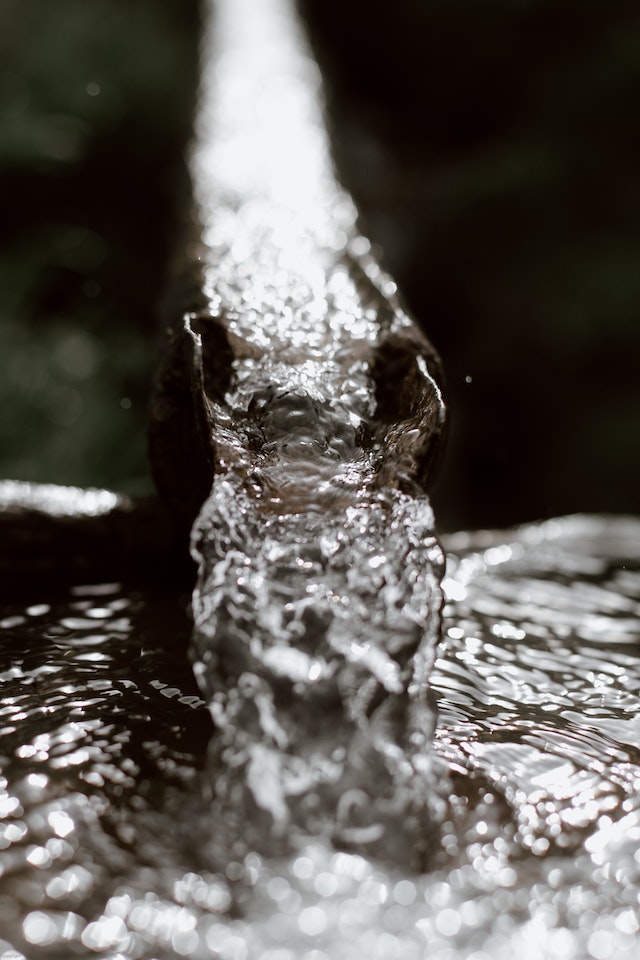Rainwater can cause damage to your foundation, landscaping, windows, and siding when it’s not channeled away correctly. Gutters prevent this by collecting the water from your roof and sending it down into downspouts, safely directing it away from the house.
However, over time, clogged gutters can block water flow and cause problems like soil erosion, stains, and other issues. Gutters require regular maintenance to continue to work properly.
They Prevent Mold and Mildew
If water pools around the foundation of a home for an extended period, it can weaken the soil and degrade the structure. Gutters help prevent this by safely channeling excess rainwater away from the home.
Water stains on your roof or basement walls and ceilings can indicate that your gutters are clogged or need repair. A professional can clean or install a new gutter system to help prevent this issue.
Mold spores in the air can trigger allergic reactions, including hay fever-type symptoms such as a runny nose, itchy eyes, and achy skin (dermatitis). To avoid mold growth, ensure that any areas of your house where moisture occurs, like bathrooms and laundry rooms, are adequately ventilated. This includes venting appliances that produce moisture, such as clothes dryers and stoves, to the outside. In addition, keep humidity levels low by running filters or using dehumidifiers in damp rooms. Also, let sunlight in during the day to dry surfaces and inhibit mold growth.
They Prevent Water Damage
Gutter systems keep rainwater away from a house, saving it from penetrating the walls, roof, or foundation and causing damage. Without gutters, rainwater might splash over the roof, wash away soil, and wash out plant roots. When water soaks into walls and roofs, it can cause fungal wood rot, stains, mold, and mildew. Gutters keep water running through the system and away from the property, preventing moisture saturation in cold areas where it can condense.
Eavestroughs, or gutters, collect water from a home’s eaves and direct it into a drainage system or the yard’s landscaping. They prevent basement flooding, soil erosion, foundation settlement, and other costly issues. They’re essential in areas with clay-rich soil, which impedes proper water drainage. Regular cleaning and maintenance can keep gutters clog-free and functioning correctly. Gutter downspouts should be sloped about a quarter-inch for every foot of the gutter to ensure proper flow and to avoid standing water.
They Prevent Soil Erosion
Gutter systems help prevent soil erosion by directing rainwater away from your home’s foundation. If rainwater flows directly toward your house, it can crack and crumble the foundation and wash away surrounding landscaping or flowerbeds. This erosion can also lead to costly basement flooding and foundation damage, as well as a habitat for mosquitoes.
The best way to avoid this issue is by installing gutters and downspouts that can keep water flowing properly. Gutter systems must be clog-free and pitched correctly to function effectively. You can prevent clogs by regularly cleaning your gutter system and installing guards. Installing downspout extenders to avoid debris build-ups like leaves, twigs, pine needles, and shingle grit is possible.
In addition, you can install sloped ground around your home to naturally direct rainwater and soil erosion away from your home’s foundation. A grading plan for your yard is essential to any healthy home.
They Prevent Curb Appeal Issues
While some homeowners may believe gutters are simply an afterthought for their homes, professional installation and regular cleaning can create a crisp, clean look that will add to your home’s curb appeal. In addition, properly installed gutters and downspouts help to ensure that your exterior wooden structures do not rot or become damaged by rainwater and other moisture.
Those new to homeownership or home maintenance may confuse the terms eavestrough and gutter, but the two are very similar. The term eavestrough refers to the trough for catching water at the edge of your roof, while a gutter is any place with runoff.
Staying your gutters down and away from the house’s foundation is essential. If your gutters aren’t properly sloping, it can cause standing water to develop corrosion and damage your gutter system. You can check this by holding a level against the bottom edge of your gutters and ensuring they have a slight slope.










